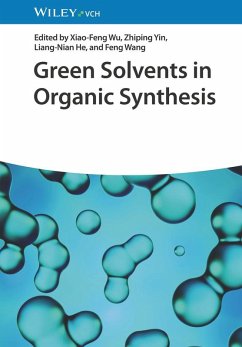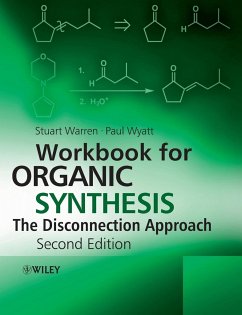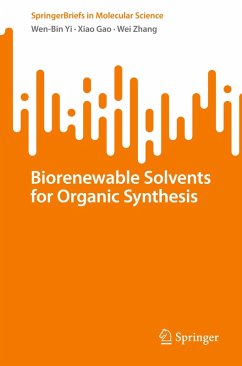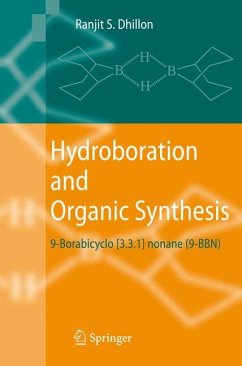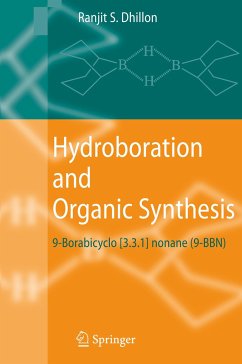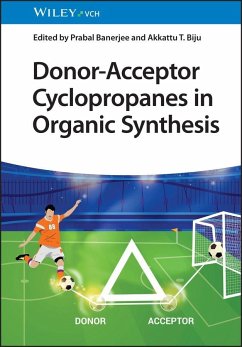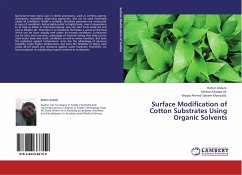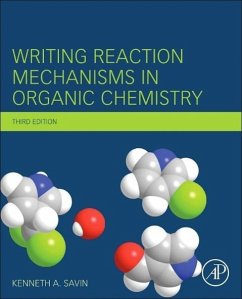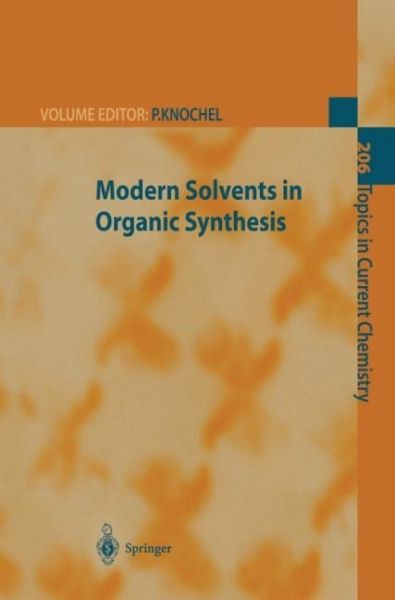
Modern Solvents in Organic Synthesis
Versandkostenfrei!
Versandfertig in 6-10 Tagen
38,99 €
inkl. MwSt.

PAYBACK Punkte
19 °P sammeln!
In recent years the choice of a given solvent for performing a reaction has become increasingly important. More and more, selective reagents are used for chemical transformations and the choice of the solvent may be determining for reaching high reaction rates and high selectivities. The toxicity and recycling considerations have also greatly influenced the nature of the solvents used for industrial reactions. Thus, the development of reactions in water is not only important on the laboratory scale but also for industrial applications. The p- formance of metal-catalyzed reactions in water for ...
In recent years the choice of a given solvent for performing a reaction has become increasingly important. More and more, selective reagents are used for chemical transformations and the choice of the solvent may be determining for reaching high reaction rates and high selectivities. The toxicity and recycling considerations have also greatly influenced the nature of the solvents used for industrial reactions. Thus, the development of reactions in water is not only important on the laboratory scale but also for industrial applications. The p- formance of metal-catalyzed reactions in water for example has led to several new hydrogenation or hydroformylation procedures with important industrial applications. The various aspects of organic chemistry in water will be prese- ed in this book. Recently, novel reaction media such as perfluorinated solvents or supercritical carbon dioxide has proven to have unique advantages leading to more practical and more efficient reactions. Especially with perfluorinated solvents, new biphasic catalyses and novel approaches to perform organic reactions have been developed. These aspects will be examined in detail in this volume. Finally, the performance of reactions in the absence of solvents will show practical alternatives for many reactions. More than ever before, the choice of the solvent or the solvent system is ess- tial for realizing many chemical transformations with the highest efficiency. This book tries to cover the more recent and important new solvents or solvent systems for both academic and industrial applications.





